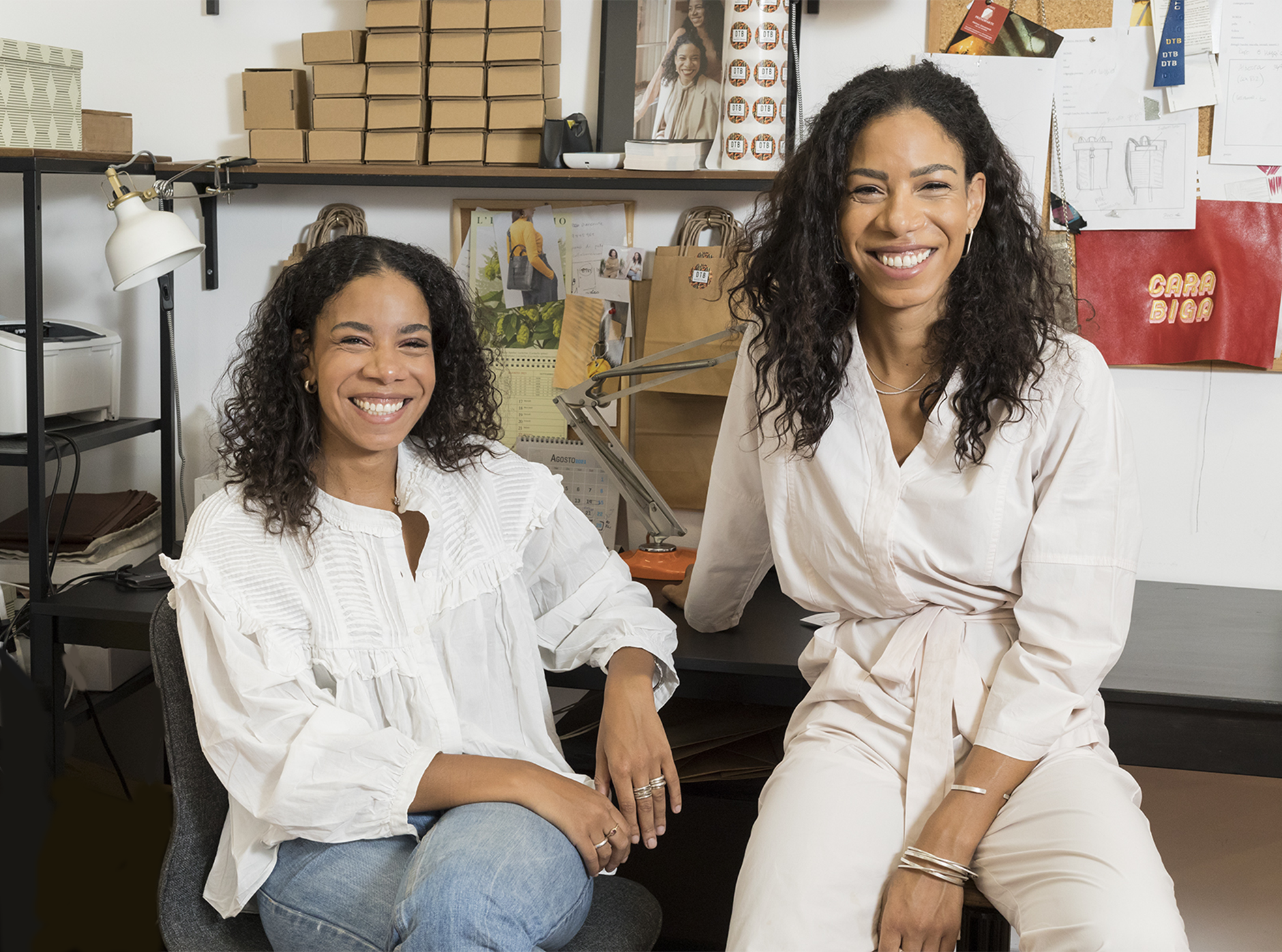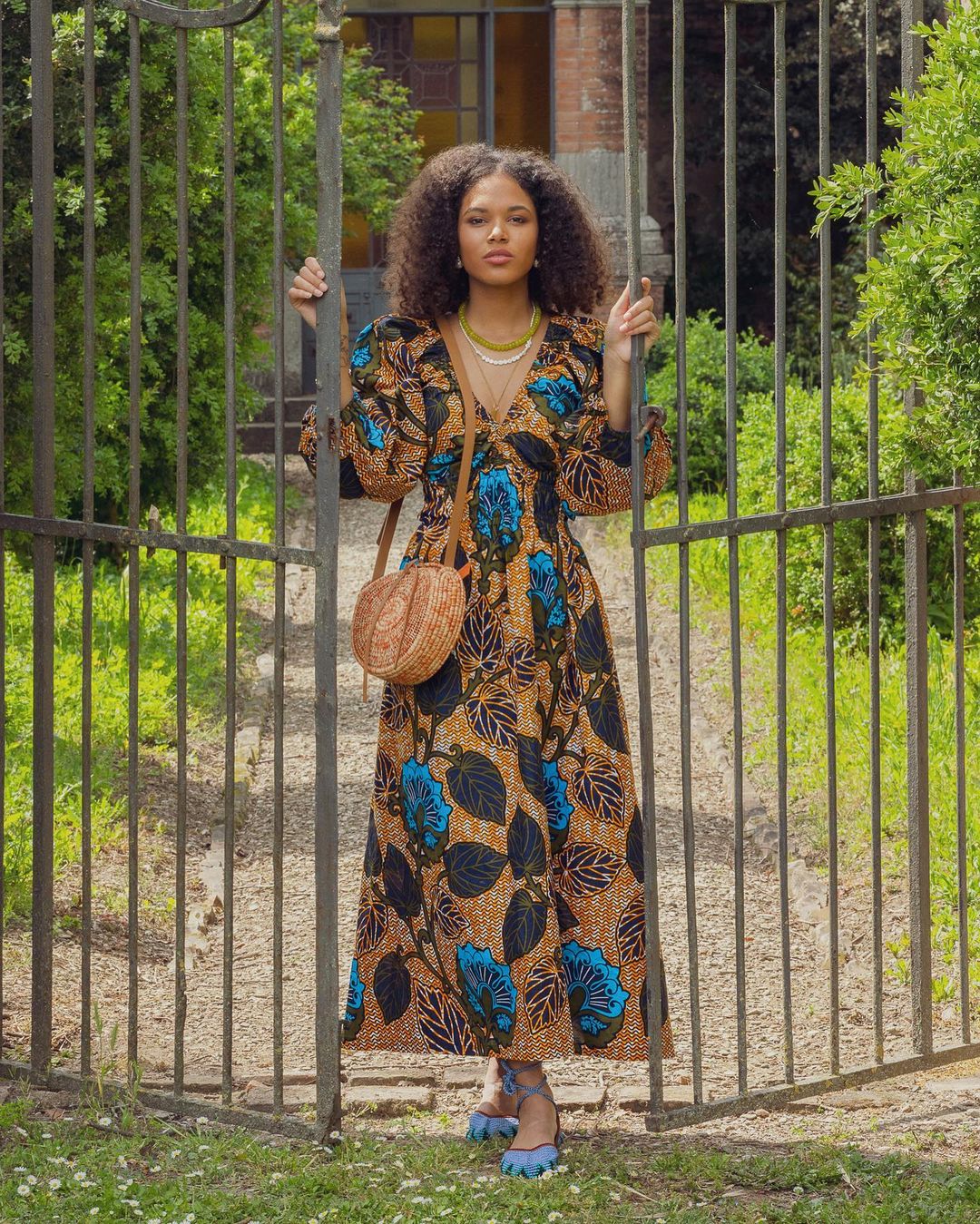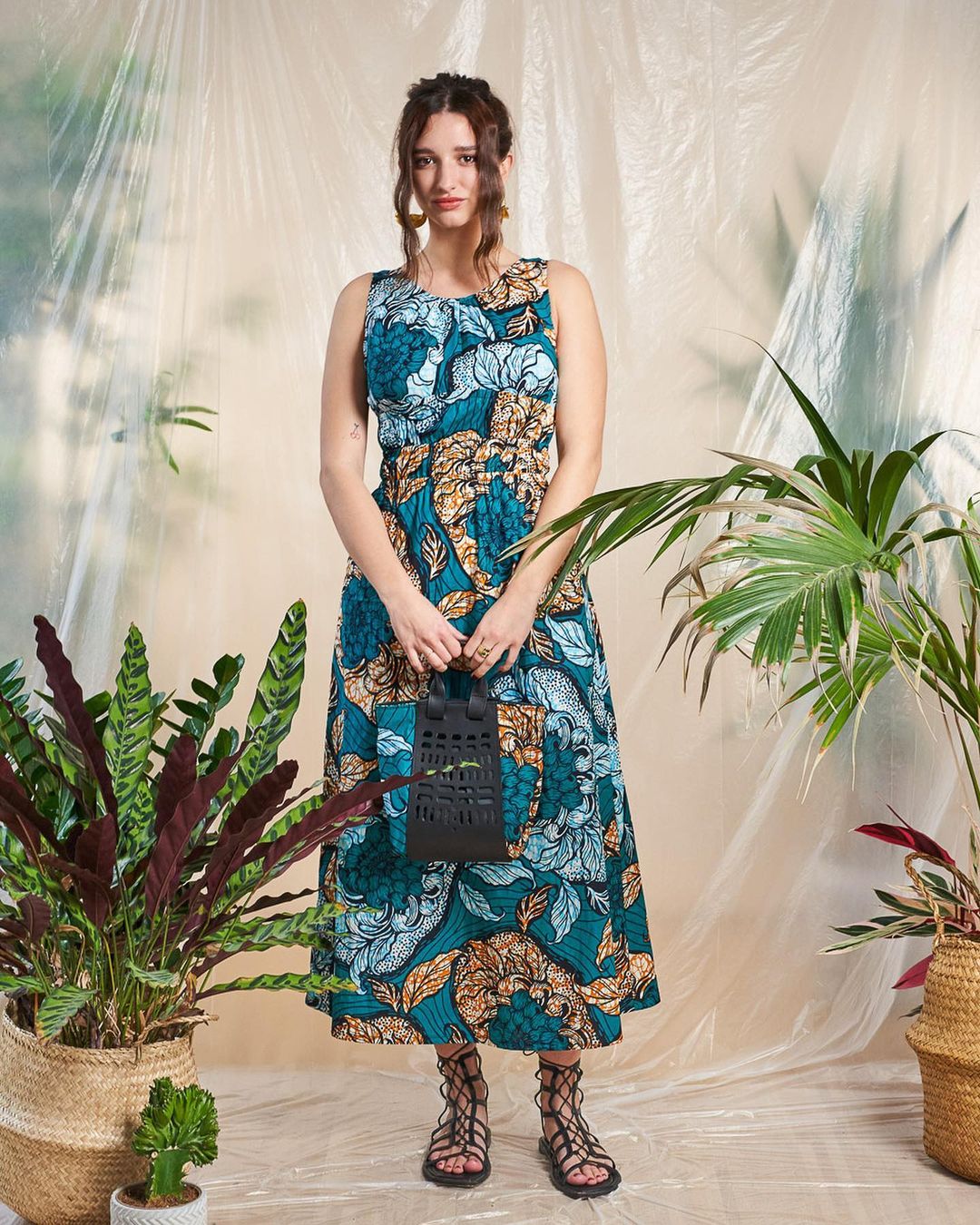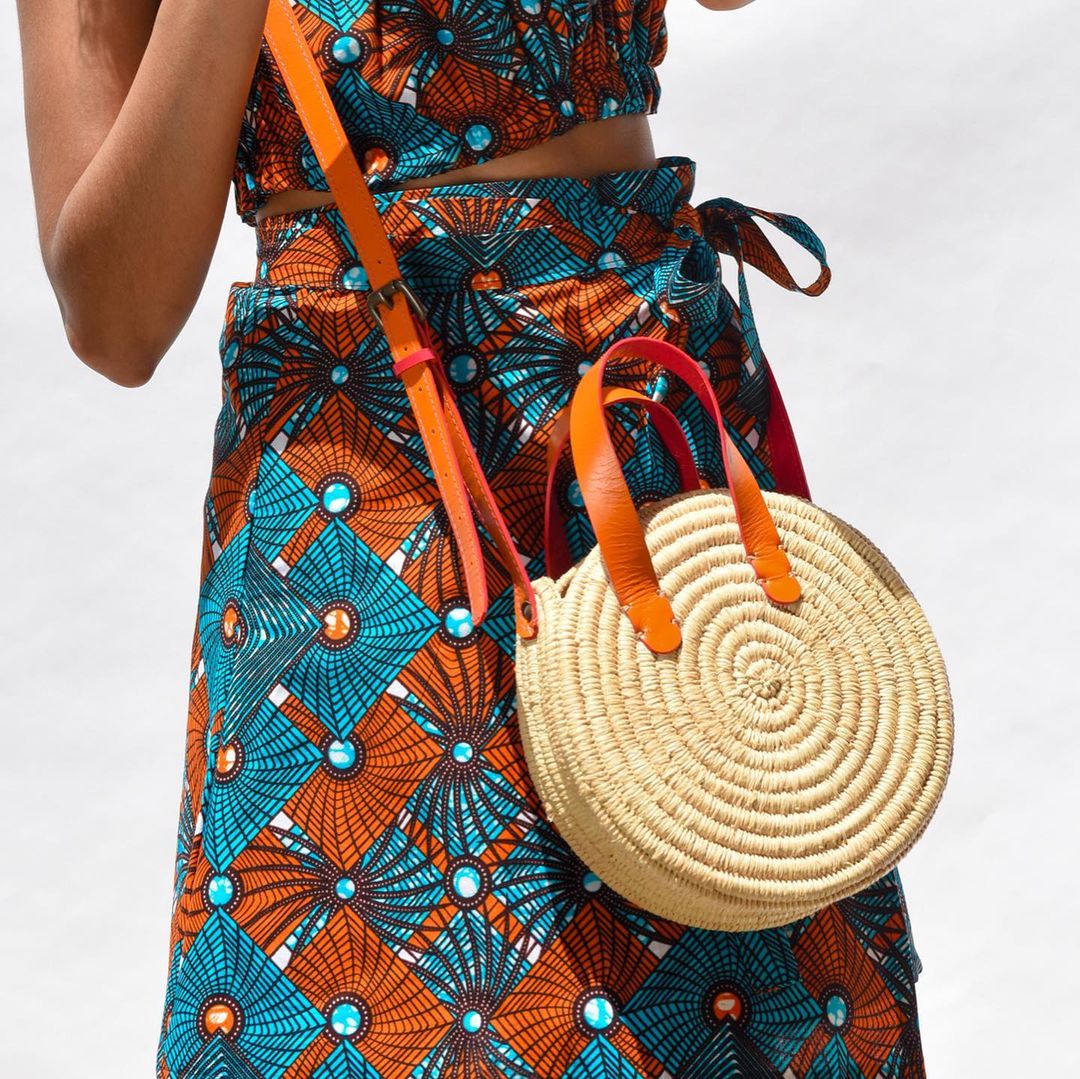Features
These Sisters Are Bringing African Clothing to the Italian Stage – Read About Caterina and Margherita Libouri’s Work & Life in Italy
It’s quite common to hear someone say, “I’ve been to Africa too” after sharing where we’re from. However, it often turns out that they only spent a week in a luxury resort in Sharm El-Sheikh, Egypt.
Editor’s note: As the years go by, migrating to other countries has become increasingly popular, particularly for Nigerians (and Africans generally). Japa, we call it. For the next 10 weeks, Imo Ekanem, in partnership with BellaNaija Features, will explore what it means to live in Italy as an African professional.
Work & Life in Italy is a weekly series where we talk about how Africans live, work, deal with discrimination, and so on. Did you miss our episode with Patience Tebogo Mashabane? Read it here.
For our final episode, we are having a conversation with Caterina and Margherita, the founders of Double Trouble Bologna (DTB), a craft sustainable brand created in 2013. DTB initially dealt with making genuine leather bags with unique and contemporary designs. Today the brand also creates clothing with cotton wax fabrics of African origin. At the beginning of 2023, DTB inaugurated the first store in the centre of Bologna, which joins the long-standing artisan production laboratory.

Hello Caterina and Margherita
Hi!
How are you feeling?
We feel good. Thank you for this opportunity to tell our story as fashion entrepreneurs.
Great! Tell us a bit about yourself and what brought you to Italy
Our father arrived in Bologna from Gabon to study engineering at the end of the 80s. After graduating and meeting our mother, he decided to stay in Bologna, while continuing to go back and forth with his country of origin. So, we were born in Bologna, where we grew up and studied. We can therefore define ourselves as Afro-descendants and Afro-Italians.
Interesting. You’ve found your footing in Italy, especially as business owners. Tell us about your professional journey
My sister and I studied different courses. Initially, I focused on Political Science and then continued to Digital Marketing. My sister instead specialised in Fashion Design. After graduating in 2014, we decided to create Double Trouble Bologna, a unique and original artisan leather goods brand. We initially worked from home and had other jobs as well. Two years ago, however, we decided to transform everything into a family business and also to open a real shop in the city centre. Today, we sell bags, clothing and accessories.
How’s the business been?
It’s been good. There are not many brands that create clothes with the so-called African fabrics and this allows us to distinguish ourselves very easily. The negative side, however, is that in the customer’s eye, African brands are all the same. We are often mistaken for another Bolognese brand that uses wax fabrics.
Tell us about living in Italy as an African and dealing with stereotypes
It’s quite common to hear someone say, “I’ve been to Africa too” after sharing where we’re from. However, it often turns out that they only spent a week in a luxury resort in Sharm El-Sheikh, Egypt. This makes you laugh a bit, but on the other hand, it makes you think. There are still many African-related stereotypes and little geographical knowledge.
Beyond that, have you experienced any form of discrimination because of your race?
No. We have never encountered particular forms of discrimination related to our origins in Italy. On the contrary, especially in recent years, the type of fashion we make (related to African wax prints) has been quite appreciated. Bologna has always been welcoming and open-minded. So we have never suffered particular episodes of racism or discrimination. Indeed, our being different was the drive that differentiated us and made us recognised over time in the eyes of the customer.
That’s quite impressive! What would you consider as the things that make your story unique?
Dedication, hard work and research are the recipes for our success. We do not hold back in creating unique objects. For example, the collection of summer bags that we have created is made up of woven raffia (from Morocco) and leftover leather from Tuscany. Everything is assembled in our laboratory and then sold in the shop. In short, there are many steps but to recover the best raw material we are willing to move.
What are the little things you adopted that helped you thrive?
Connections! Connections are key. We collaborate with several African tailors and fabric sellers. When we can make connections like this. It’s great because we all gain from it.
Thank you for being here
Thank you for having us, BellaNaija.
***
Many thanks to Caterina and Margherita Libouri for having this conversation with us. This is the final episode of our Work and Life in Italy, a collaboration with Imo Ekanem, and we’re grateful to Imo for making this possible and to everyone reading each episode.
Do you want to be featured on BellaNaija or share your essays with us? Shoot us an email: [email protected]























